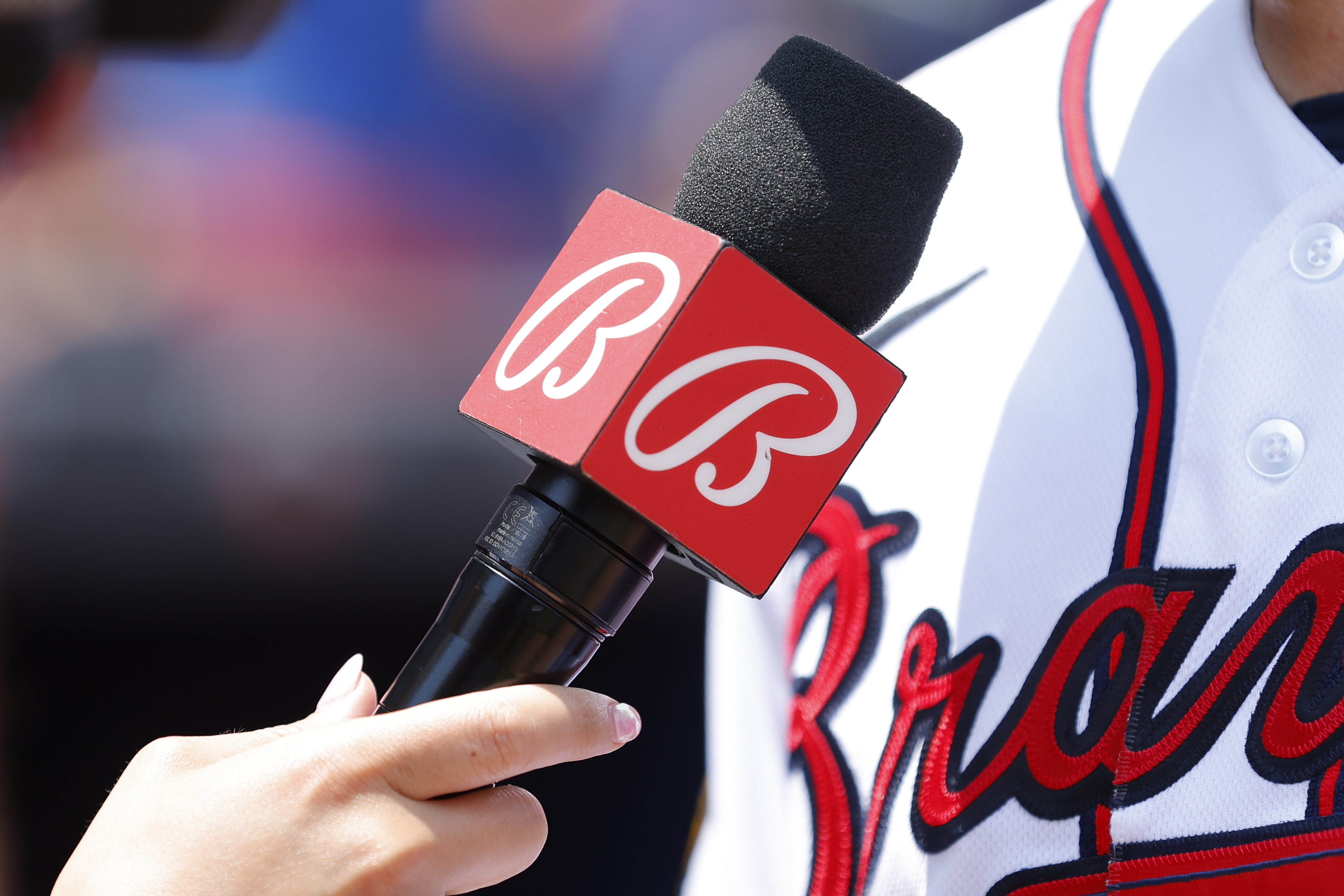
U.S. Bankruptcy Court Judge Chris Lopez told the NBA, NHL and Major League Baseball Tuesday that they should work it out themselves with Diamond Sports Group as whether the bankrupt Bally Sports regional channel operator discloses sensitive information about its pay TV contracts.
“If you leave it up to me, I’ll make the tough call,” said Lopez, the Houston-based judge who has presided over the duration of Diamond’s 15-month restructuring. If the leagues needed any clarity on how that ruling might go, Lopez during the zoom discovery hearing added, “I’m not going to hamstring the debtor."
(Tuesday's hearing was covered by Sportico and Awful Announcing.)
Also Read: Everything You Need To Know About the Bally Sports Bankruptcy
Diamond, a subsidiary set up by Sinclair Broadcast Group after it purchased 19 Fox SportsNet channels in 2019 for $10.6 billion, told the court it expects to generate $2.17 billion in 2024, with the bulk of that revenue coming from pay TV distribution.
Shortly after making that disclosure, the Bally Sports channels were blacked out on Comcast.
The leagues want to see firsthand what the revenue future of a key local TV distribution partner really looks like, especially in a post-Comcast world.
Diamond and its distribution partners have pushed back on giving up what they view are trade secrets.
Since the beginning of this bankruptcy drama in March 2023, and starting at the top, with commissioner Rob Manfred, MLB has not hid well its antipathy for Sinclair and its subsidiary.
That acrimony seems to have spilled over to Diamond’s distribution partner, Cox Communications.
In Tuesday's hearing, a lawyer for Cox described MLB's insistent posture as like "talking to a brick wall."
Meanwhile, when instructed by Lopez to try to get the information they need from depositions, MLB outside counsel Jim Bromley responded, that "in prior depositions last year, we were simply told, ‘Absolutely not.’ Absolutely not is not an acceptable answer.”
Lopez set up another hearing Friday to rule on a separate but related issue -- whether the leagues can examine "most favored nation" (MFN) clauses in Diamond's pay TV contracts. Such stipulations could be triggered in the event Diamond capitulates to Comcast's stringent demands that Bally Sports channels be demoted to a pricier cable TV tier, potentially triggering retroactive changes to the subsidiary's other existing pay TV deals.
In a motion filed before Tuesday's hearing, Cox insisted that MFN clauses won’t get triggered unless doing so is “profit maximizing.“ Cox said that MLB lawyers had responded to this language earlier by noting, “Nothing Diamond has ever done has been profit maximizing.”
Cox added in its filing that it “disagrees that assuming that the Debtors will act in a value-destroying manner is the appropriate lens through which to test the Debtors’ financial projections, and so disagrees that parsing the terms of individual MFNs to guess what could happen in a series of hypothetical, value-destroying futures that may never come to pass is relevant to testing the reasonableness of the Debtors’ projections.”
For his part, MLB’s Bromley asked Lopez what Cox was doing at the discovery hearing in the first place.
“They are simply nonparties at this point,” he said.







